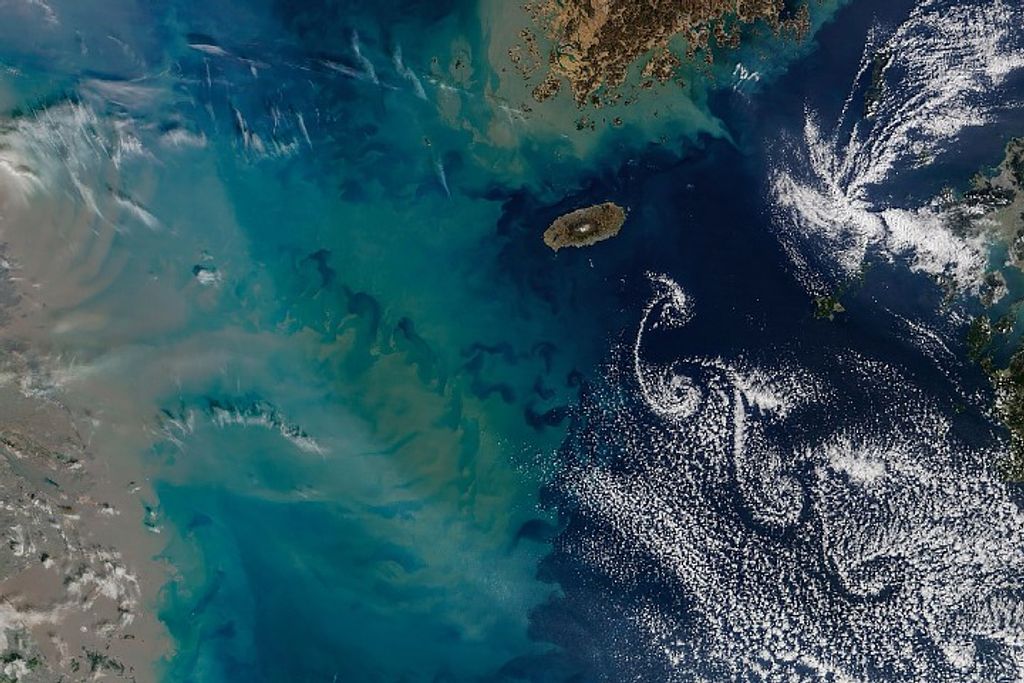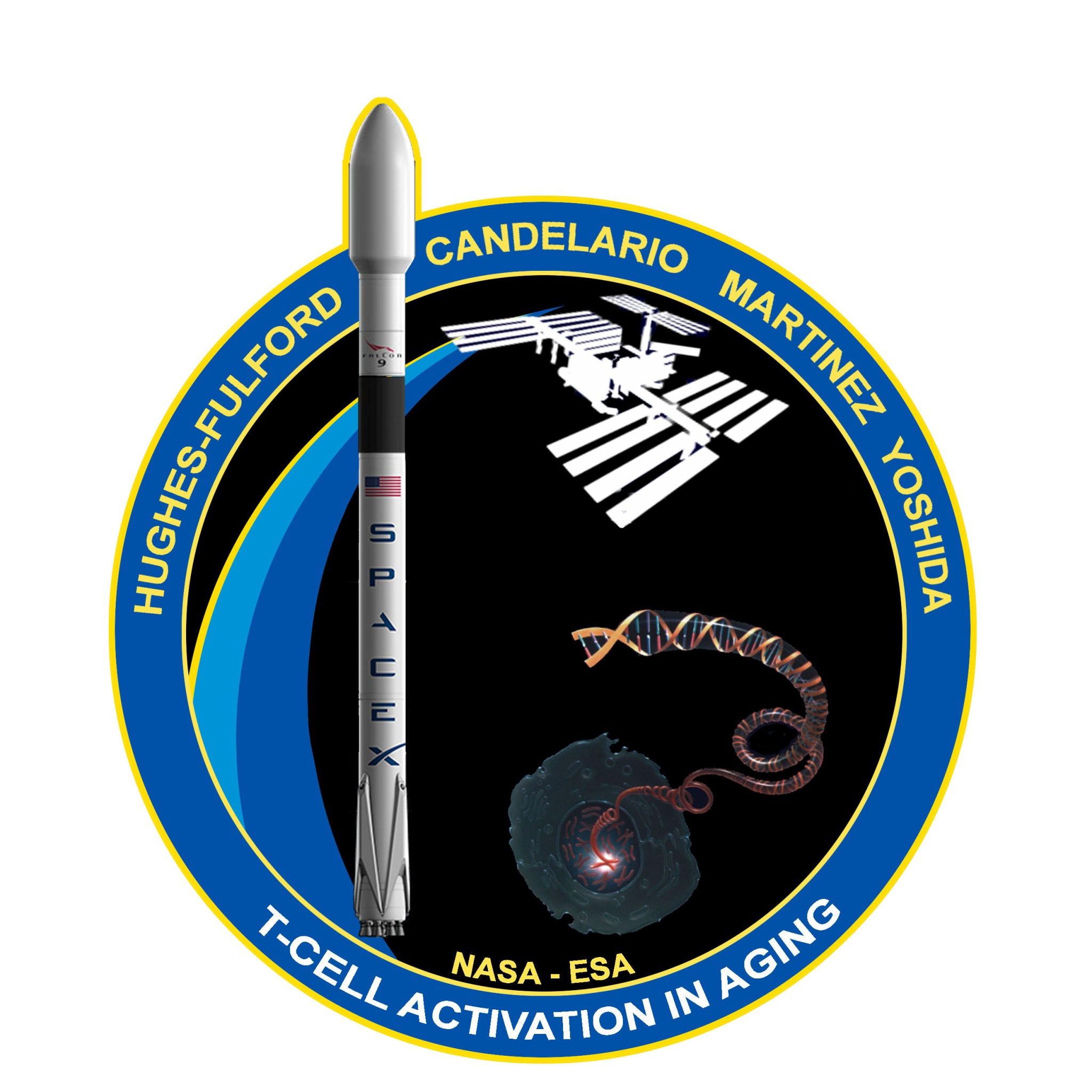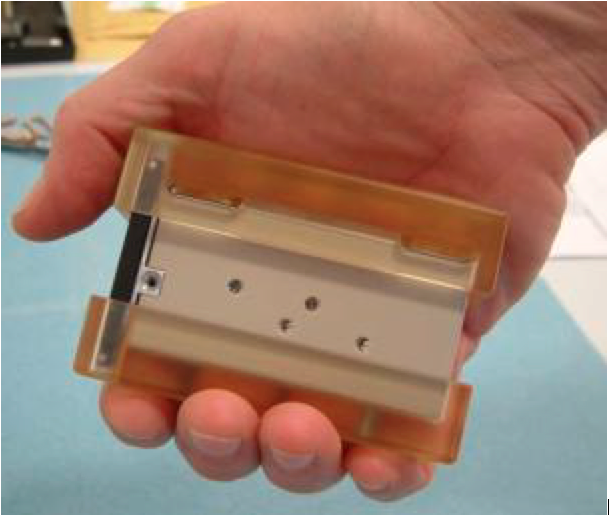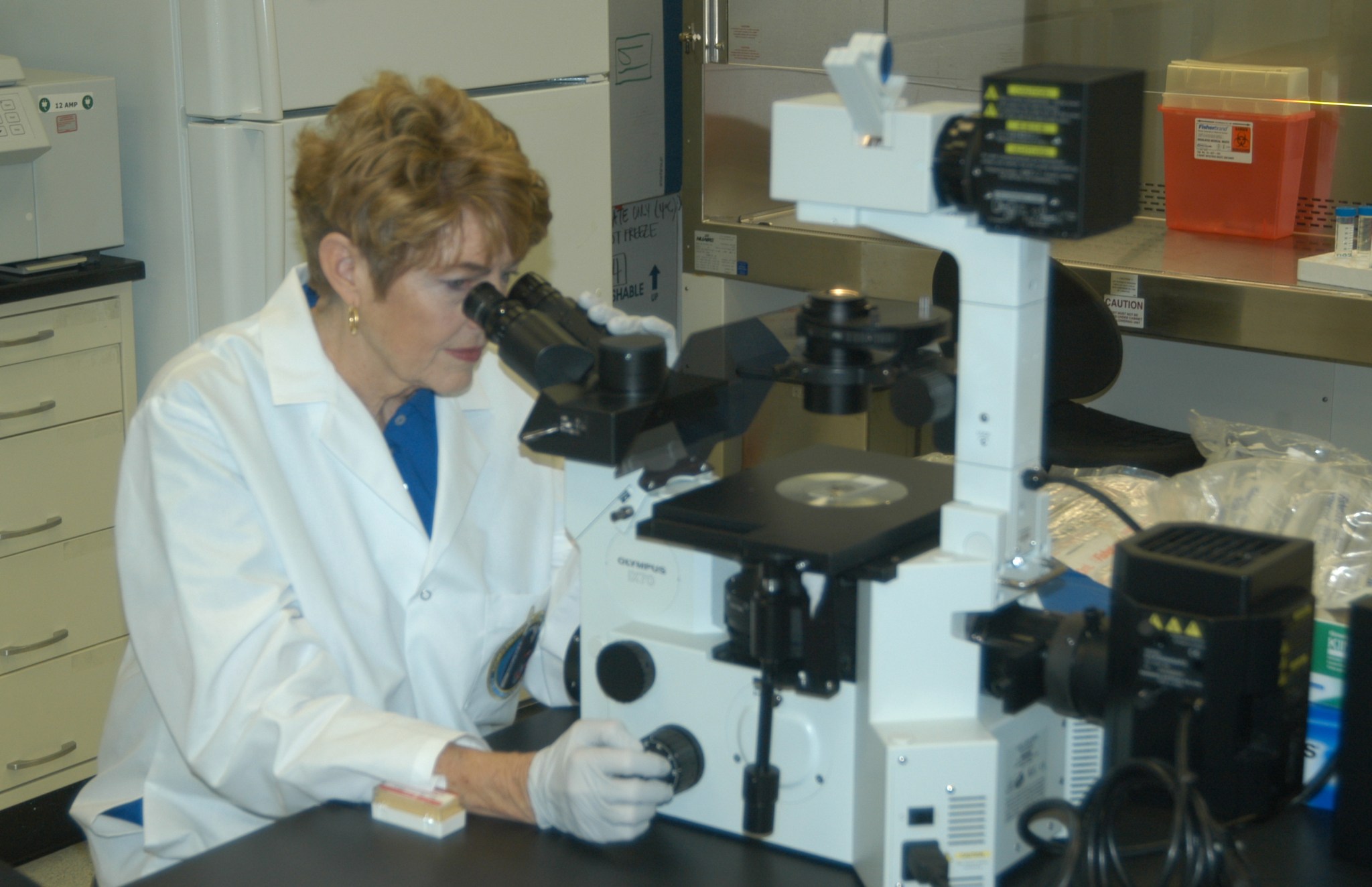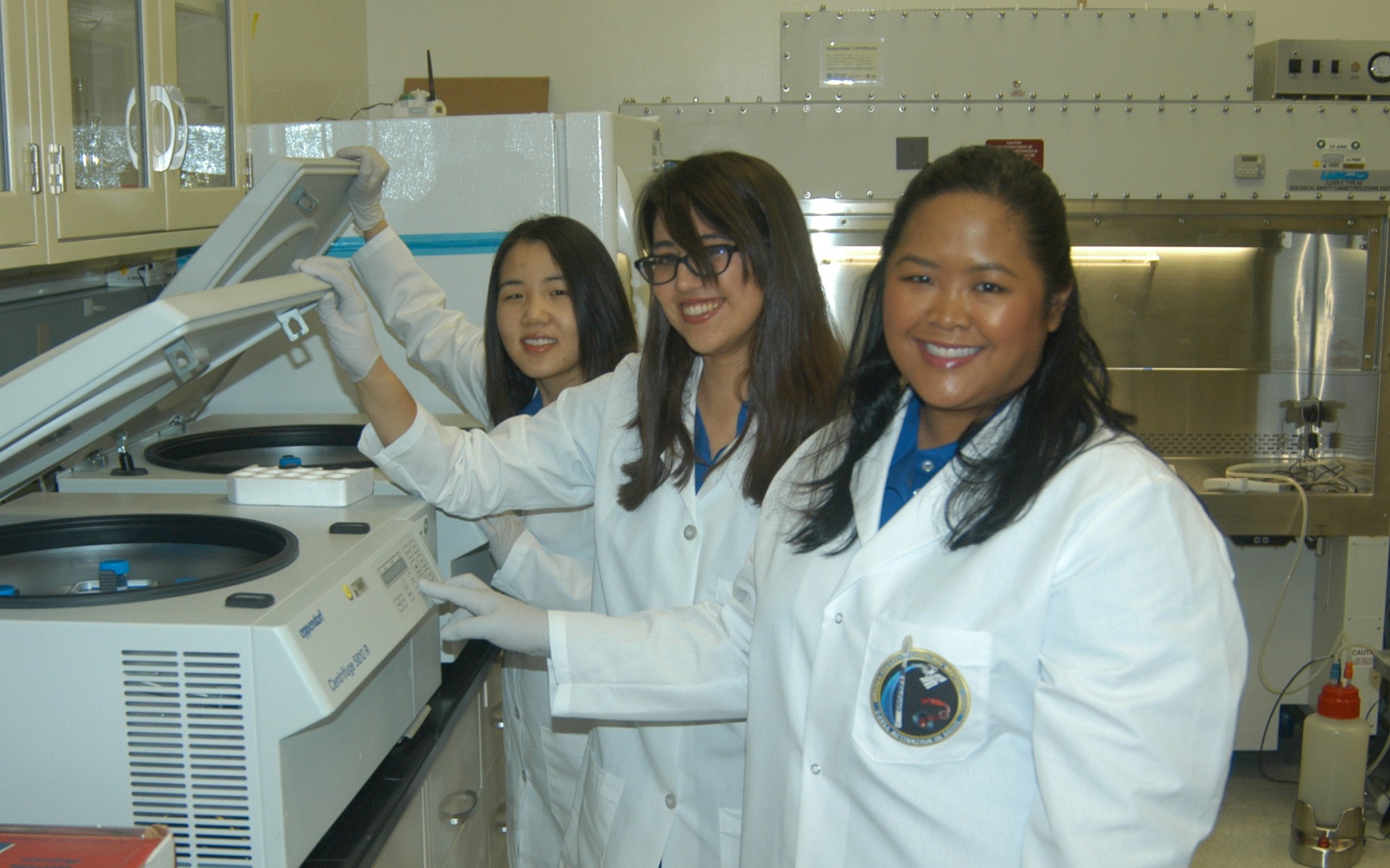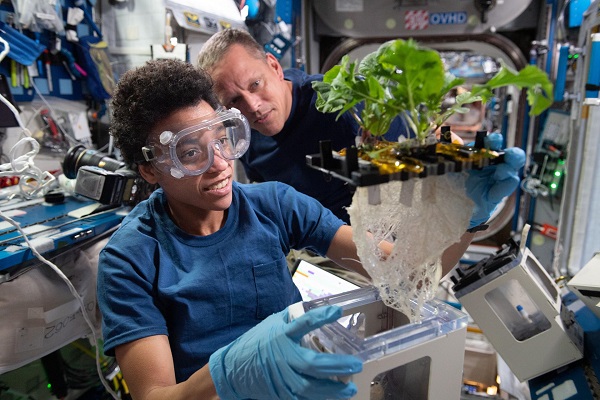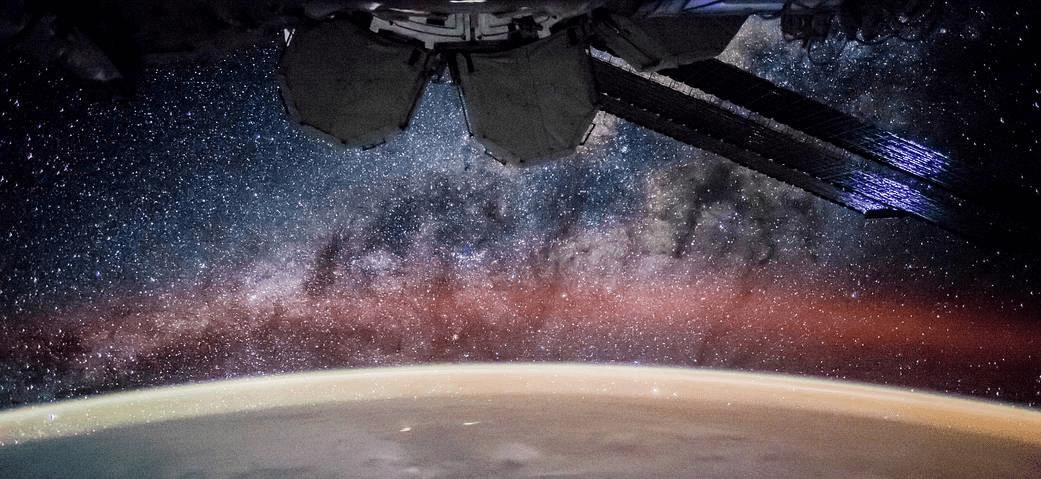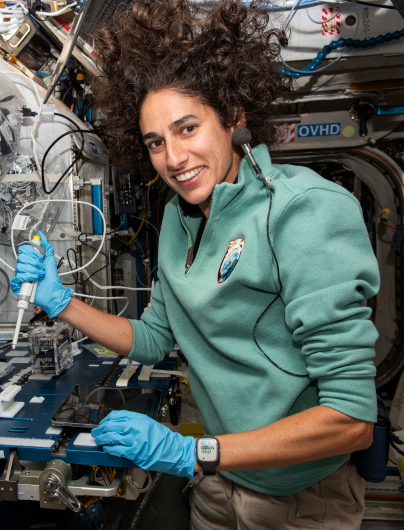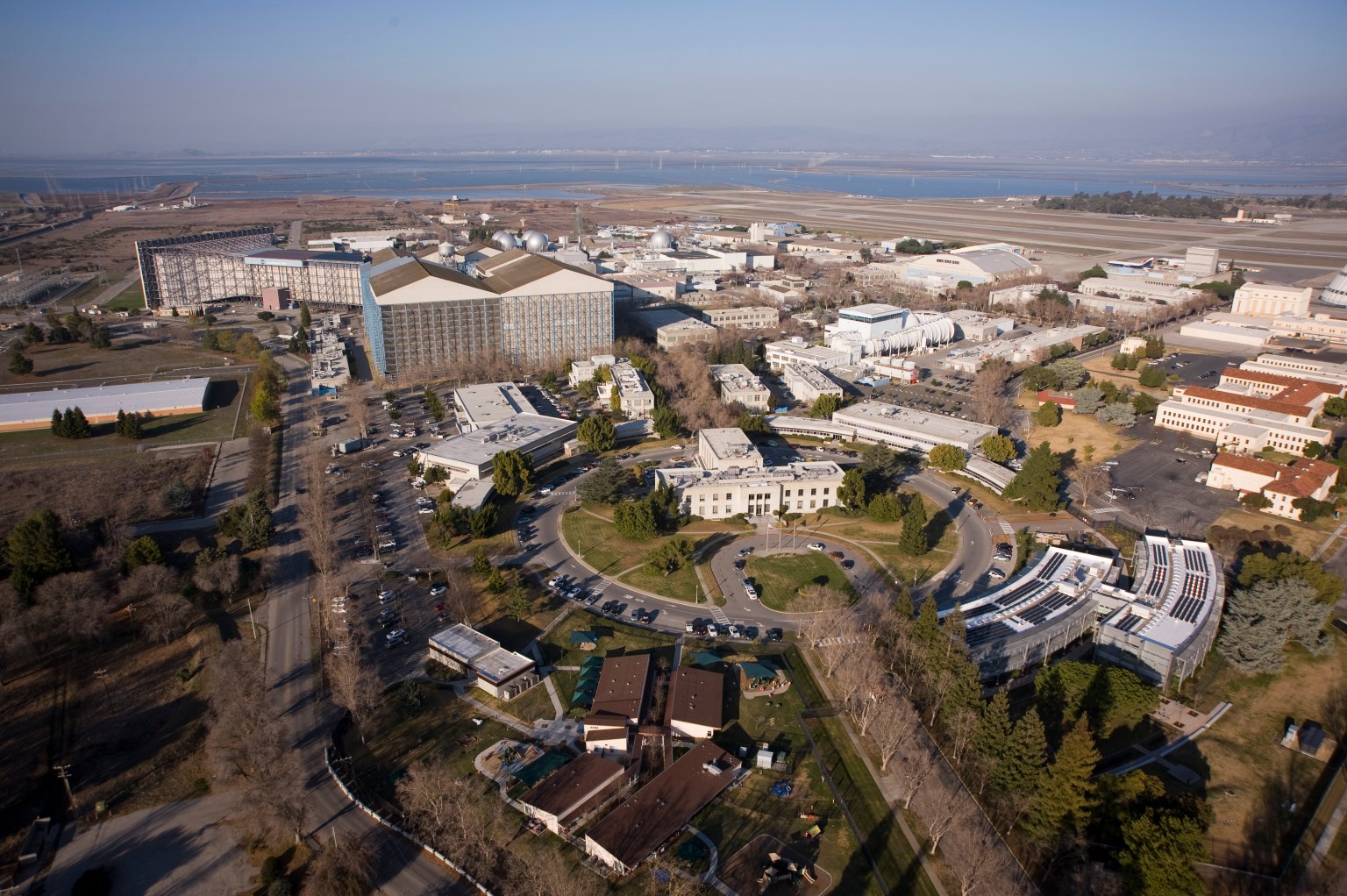T-Cell Activation In Aging is an investigation of the genetic and molecular mechanisms that underlie diminished T-cell activation that both occurs in the aging population and also in astronauts. T-cell activation is a critical event during which T-cells—specialized immune system cells—recognize infections within the body and initiate a defensive response.
Diminished immune system function is a common problem for the elderly. Several key changes in the immune systems of the elderly are the same as those found in astronauts returning from spaceflight. Impaired T-cell activation and proliferation is one of those key changes. Because spaceflight-induced and aging-related immune suppression share these characteristics, results from the T-Cell Activation in Aging study will help us to better understand and develop treatments for disorders of immune suppression for the general population.
T-Cell Activation in Aging launched to the International Space Station aboard SpaceX-3 on April 18, 2014.
Experiment Summary: Samples of isolated human T-cells will be loaded into specialized experiment containers and transported to the space station aboard the SpaceX-3 Dragon spacecraft. Station crew will place the experiment containers into the KUBIK incubator facility in the European Space Agency’s Columbus module. During incubation a portion of the samples will be subjected to artificial gravity (1 g) to serve as a control to the microgravity samples.
At specified time points, the crew will operate plungers in the experiment hardware to add an activator to the T-cells. Subsequently, the crew will stabilize the samples for molecular analysis by adding a fixative. The experiment containers will return to Earth aboard the SpaceX-3 Dragon capsule approximately 30 days after launch and will be transferred to the research team for post-flight analysis.
Principal Investigator: Millie Hughes-Fulford Ph.D., former NASA Astronaut and researcher at Northern California Institute for Research and Education, University of California, San Francisco and at the San Francisco Veterans Affairs Medical Center.
Mission Support: NASA is the sponsoring space agency for the T-cell Activation in Aging mission. NASA’s Ames Research Center is the integration partner providing science team support to the principal investigator. The European Space Agency is the payload developer, is providing experiment hardware, payload integration and operations support for the mission.
Sponsor: T-Cell Activation in Aging is the first study to be conducted aboard the space station with funding provided by the National Institutes of Health (NIH), Division of the National Institute on Aging through the inaugural NIH spaceflight funding opportunity entitled, “Biomedical Research on the International Space Station.”
For current updates on the T-Cell Activation in Aging mission, read the Hughes-Fulford lab’s blog: http://hughesfulfordlab.blogspot.com/
To learn more about the T-Cell Activation in Aging mission and the research of Dr. Hughes-Fulford:
- To meet the Ames team, The NICRE science team and learn more about the mission download the Hughes-Fulford Laboratory mission poster.
- View the video story Millie Hughes-Fulford: Scientist in Space (KQED QUEST: July 26, 2011)
- View the video story Space Station Live: Studying the Immune System In Space (NASA: Feb 5, 2014)











